Illustration: Phan Nhan |
And now, I was looking for the last time at the face of the person I used to call “mom” when I was young through the glass. The last time my grandmother went to the city for treatment, I was worried and ran in to visit her. She told me, when you are old enough to go, remember not to cry. There are billions of people in the world, how many of them reach the age of 100 like my grandmother, why would they cry? Grandma’s words echoed in my mind, my eyes stung, I blinked to stop the tears. But I still couldn’t hold them back, a drop of water rolled down my cheek. I let it be and didn’t reach out to wipe it away.
Everyone present was solemnly moved when an old man from the Elderly Association of the commune read the eulogy to send off my grandmother - the Heroic Mother of Vietnam. The eulogy was like a film recording quickly the good deeds of my grandmother while she was still alive.
***
A few days after my grandmother gave birth to my youngest son, my grandfather was killed. He was a village teacher, teaching under bombs and bullets. My grandmother only knew that her husband was a teacher. But somehow, one day, he was captured by the French and taken to the mountains bordering another province, shot and buried in a mass grave. My grandmother was in pain and still shocked when she heard that my grandfather was secretly participating in revolutionary activities. My husband quickly passed away while the family was in dire straits and the country was still engulfed in flames. My grandmother took care of a bunch of children, although they could not get a proper education, none of her children were illiterate or had to depend on others, pry open doors to beg for food, or steal from other people's houses. My grandmother was a quiet person, and only my second aunt and mother told her about the difficult life of taking care of her and her children, but my grandmother never said a word. If she praised her for being good, my grandmother would say that women in wartime, each person suffered in their own way, not just me...
My mother was the youngest child, and married close by, so since childhood, my sisters and I were carried, fed, and lulled to sleep by my grandmother. I was the youngest child, born a few years after the liberation. At that time, my parents were busy going deep into the forest, reclaiming the wild land near the forest to establish Tan Dao village, so they sent me to my grandmother's house. Living with my grandmother was so wonderful, just playing, eating, sleeping, and being pampered, so a child who loved to play and eat was extremely happy. My grandmother's house was in the middle of a field, and the whole high land was only my grandmother's house, so the garden was very spacious. I was crazy about my grandmother's paradise garden. In that garden of several acres of rice fields, in addition to two coconut trees and a guava tree, she alternately planted cassava, potatoes, corn, and several rows of cucumbers. I hung around there all day, so much so that I even built a hut under the cool guava tree, thinking of settling down. Playing with the blades of grass, sometimes I crushed the leaves and brought them to my nose to smell the strange yet familiar scent of the plants and leaves around me. My grandmother also brought the vegetables and fruits from her garden to the market, but always gave priority to her children and grandchildren to eat freely. If she did bring them to the market, she would sell them while giving them away - selling homegrown produce is fun, not much of a chore - she said. Always like that, my grandmother was gentle, generous with people, and generous with life. She was very attached to and knew every blade of grass and leaf of her garden, but it was not until I became a young woman that I learned that there used to be two bunkers in that garden where my grandmother hid cadres.
Speaking of which, after my grandfather passed away, my third uncle also died in a bombing raid in the forest. In pain, she was in agony, but very tenacious, my second aunt said, my grandmother dug a tunnel to hide all four cadres. Each tunnel contained two people, leaving a discreet ventilation hole the size of a big toe. Aware that it was a dangerous job that could cost her life, my grandmother, a woman covered in mud and dirt, only worried about food and clothing for her children, was almost unaffected by the times and the fate of the country like many other miserable little people. However, when she learned that her husband was murdered for secretly doing revolutionary work, the pain of losing her husband had not yet subsided and she received a death notice from her son on the battlefield, then the thought arose in her heart that her husband and son were both killed for a greater cause. Now, the cadres who returned to the village were also facing death every day. They shared the same ideals as their husbands and children, and were in danger. How could we ignore it? So two tunnels appeared in the backyard and existed in secret, unknown to heaven or earth. Grandma once told me that to ensure the safety of those two tunnels, she planted cassava, sowed corn, and stacked trees and leaves to camouflage them in a subtle way. The tunnels that Grandma made could only be found by someone with a divine eye.
Once, my grandmother was close to death when she was captured by the enemy because someone reported that she was digging a tunnel to hide cadres. Two soldiers from the other side came to the house and searched every bowl, went to the garden and looked at every inch of land, searched and destroyed the garden but could not find any trace. Still not willing to be released because of fear of being cheated, fear of being deceived, my grandmother was brutally interrogated and tortured. Beaten, until her mouth and nose bled, my grandmother still calmly and steadfastly said no. So what about the story of her husband and children joining the revolution? Why did she, as a wife and mother, refuse to confess? My grandmother spoke calmly and helplessly like a woman who was always content with her fate, knowing nothing about the fighting between one side and another. Unfortunately, women were busy with pregnancy, childbirth, holding and cooking, and keeping everything secret from their husbands and children so they did not know what was going on. The bitter plan had a good sign. Beaten and interrogated many times, but the physical pain still could not break the will of the small woman, many times still consistent in her statement, there was no information other than what was said so my grandmother was released. Telling that story and tearing up, my grandmother said that she was lucky because those soldiers interrogated and beat her but not so badly that she was skinned and torn to pieces, she was only injured in the flesh. Especially when my grandmother tearfully said that she left her hungry children at home, the soldier became less brutal and very quickly released her. At that time, I blamed my mother for only telling the story now, my mother said that when she was little, she hung around that garden, my grandmother must have told her, and besides, war is painful, now that it is over, she is happy because her children can breathe fresh air, the scent of flowers and leaves, not the acrid smell of gunpowder like in the past, so my mother also wanted to keep quiet to let the past rest in peace. Besides, sometimes sacred and noble deeds but told wherever they are, they become trivial.
***
During the funeral service, my fourth uncle, my grandmother’s second son, solemnly carried the beautiful frame inside the certificate of Vietnamese Heroic Mother and my youngest uncle carried my grandmother’s portrait standing side by side. When someone shouted loudly, “The funeral procession is about to begin,” everyone saw a taxi slowly stop from the national highway. The car door opened, and two men with white hair walked across the bridge over the large ditch and strode along the rice field bank straight toward my grandmother’s house.
I thought I was the first to see, thinking that they must be friends of the boys who came to pay their respects to my grandmother. But the way they walked, their steps as if they were walking on a familiar road, like a child far from home returning to his own home, made a question mark appear in my head about the two strange men who had that familiar look. The sound of the farewell drum beat loudly, making the two faces pale. I thought my absent-minded mind liked to imagine, but everything happened more than I thought. Two men wearing trousers and shirts, not old, not new, but solemn, knelt down beside my grandmother's coffin. I was speechless when I saw that the two faces were wet with tears. They bowed their heads, their bows filled with love and gratitude...
When the funeral was over, the two men sat down with their extended family. One said, looking sad: “Bombs and bullets are only a thing of the past, the achievements of the soldiers are achievements mixed with the pain of the mothers of the country. Mothers in wartime are places where endless pain and eternal glory converge. In 1972, we withdrew, worried that the enemy would discover and make things difficult for our mother, she hugged each of us and told us to fight with peace of mind, she was used to facing the enemy, don’t worry. When we said goodbye, she cried, cried silently. The brothers promised to come visit her when peace came . But only the two of us remained…”.
The other person said, choking with tears: “Peace was restored, the appointment was still there, but family and work, we promised to go home together, but one was free while the other was busy, just like that, time flew by like an arrow, and finally we met Mom in a scene of life and death separation. Then both of them stared at Grandma's portrait, asking to bring one each home to worship, then wiped away their tears…”.
Source: https://baolamdong.vn/van-hoa-nghe-thuat/202504/can-ham-sau-vuon-nha-ngoai-97b2d40/


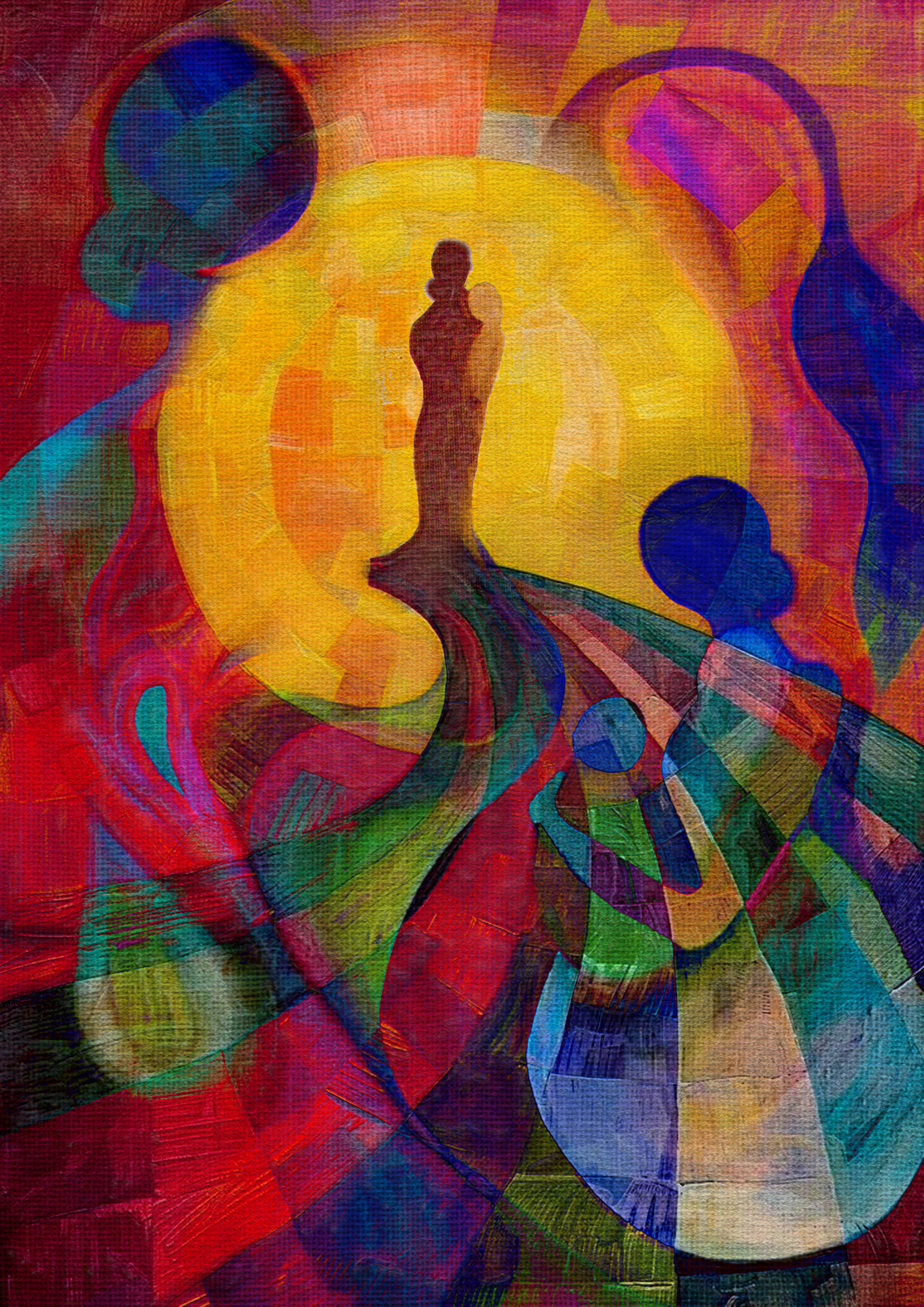
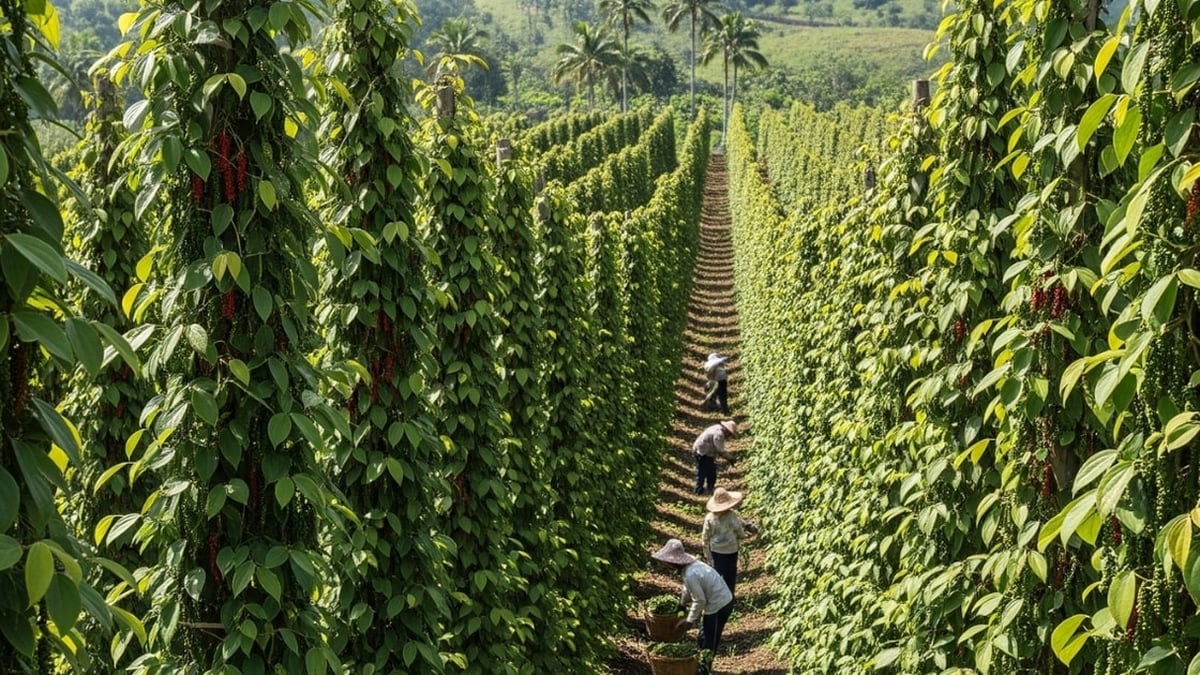
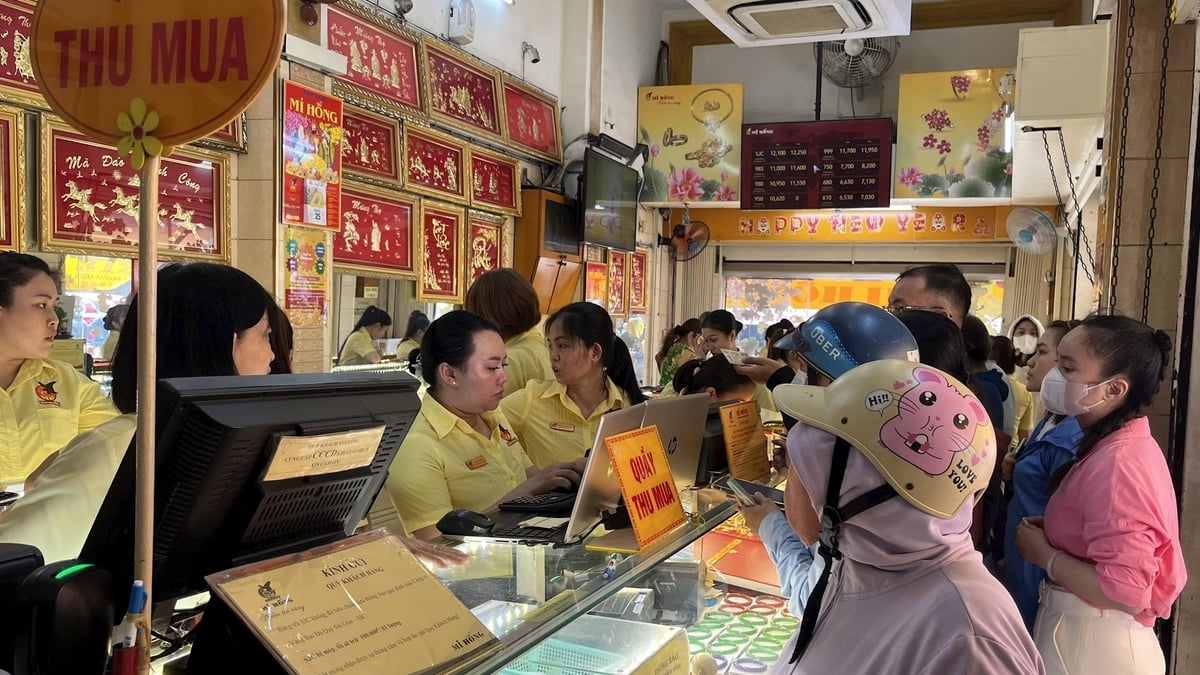
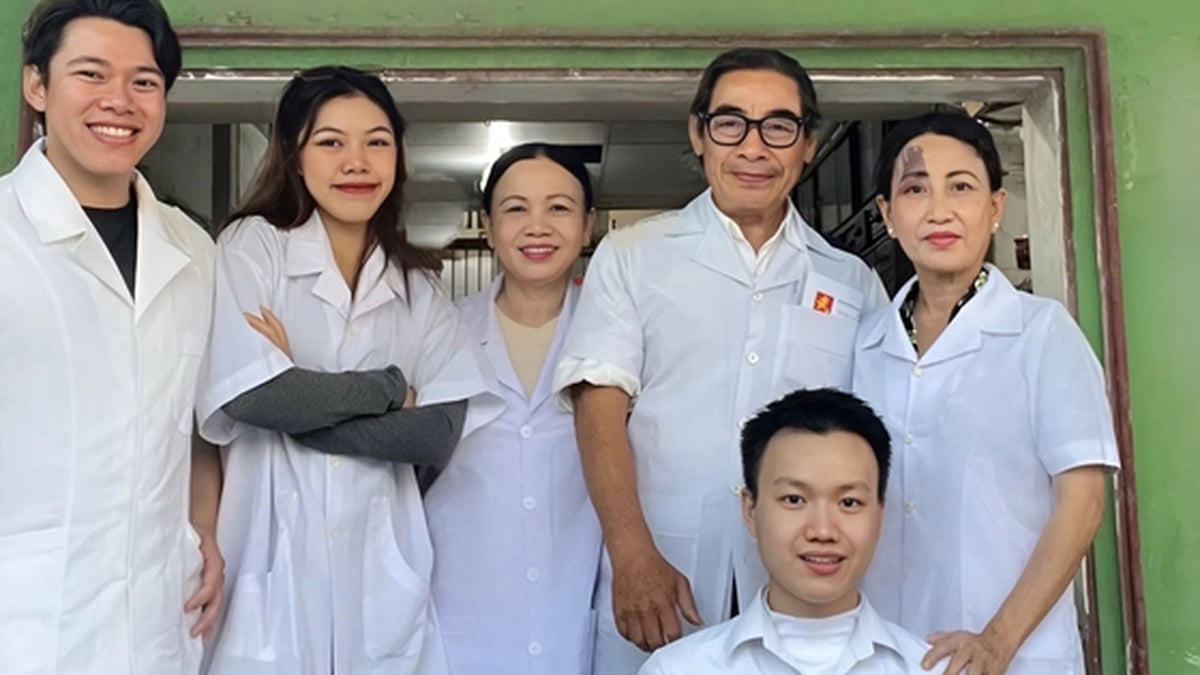
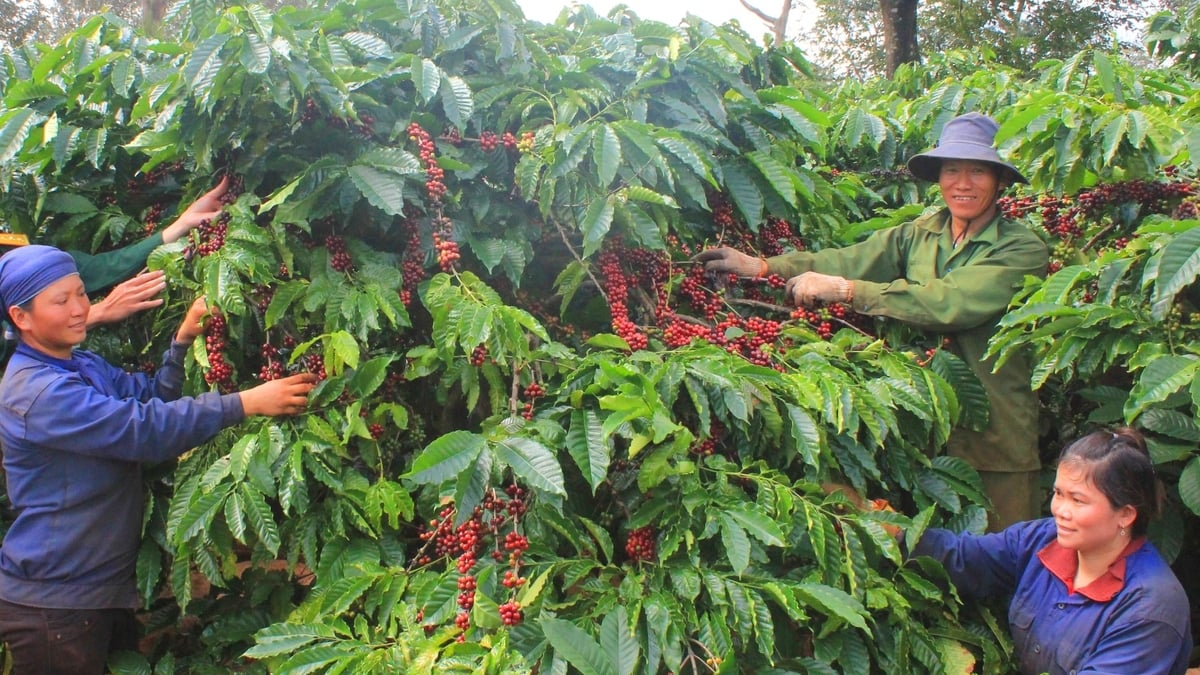
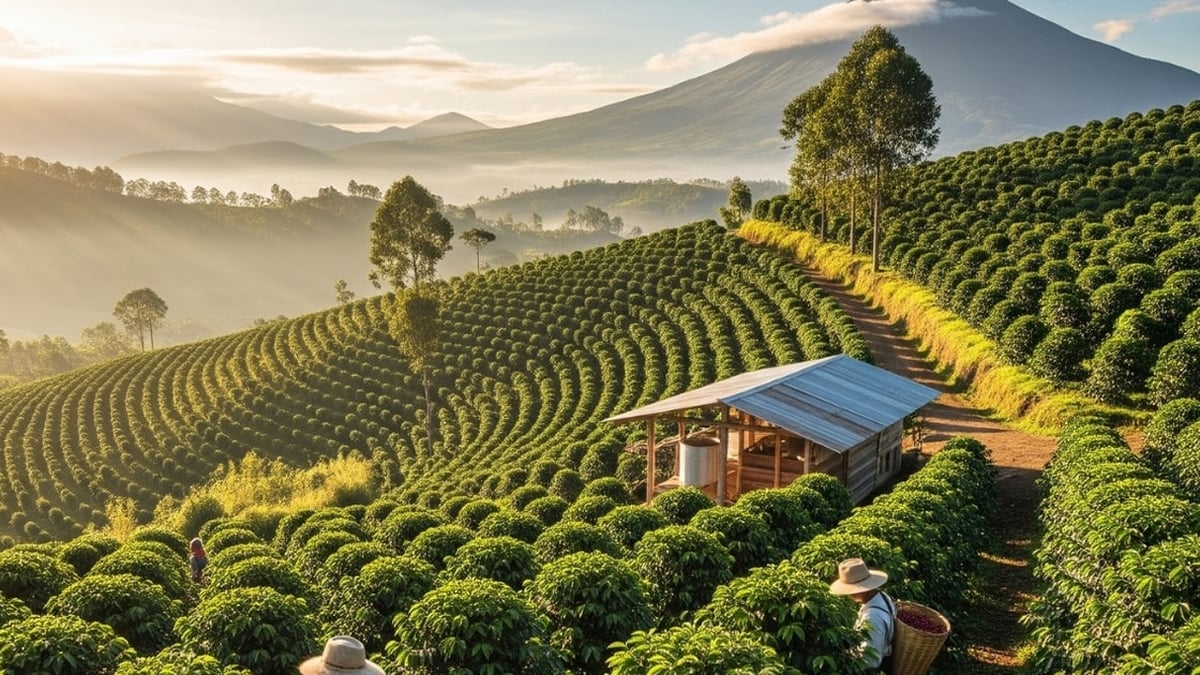


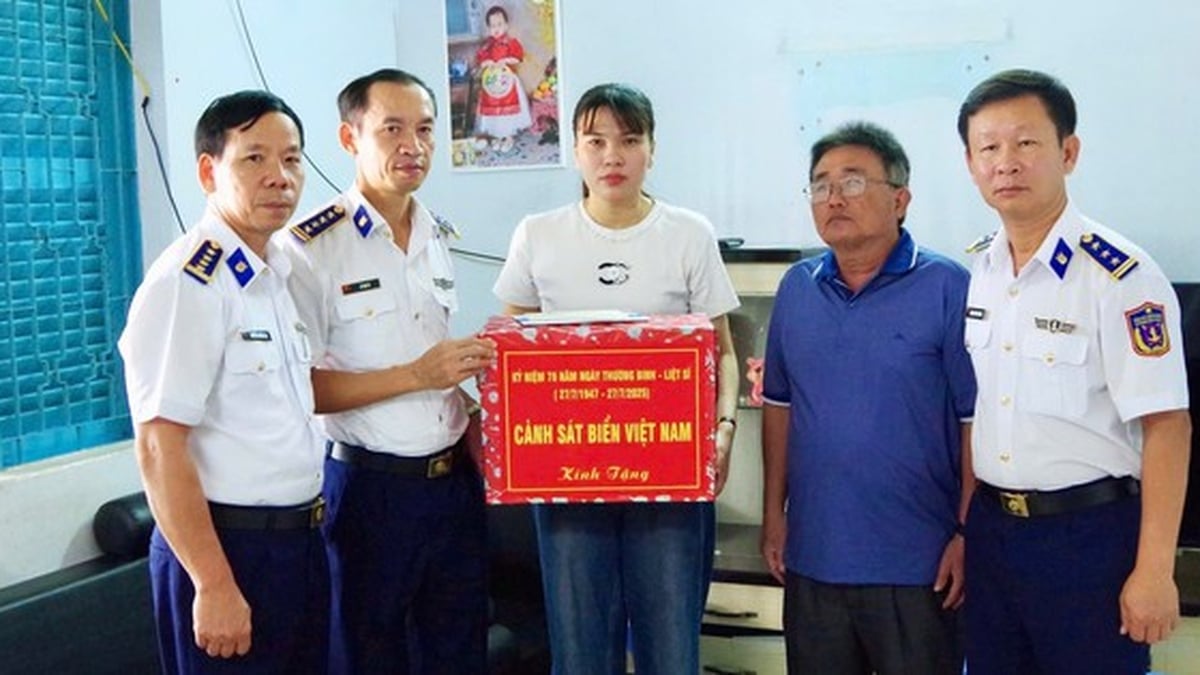
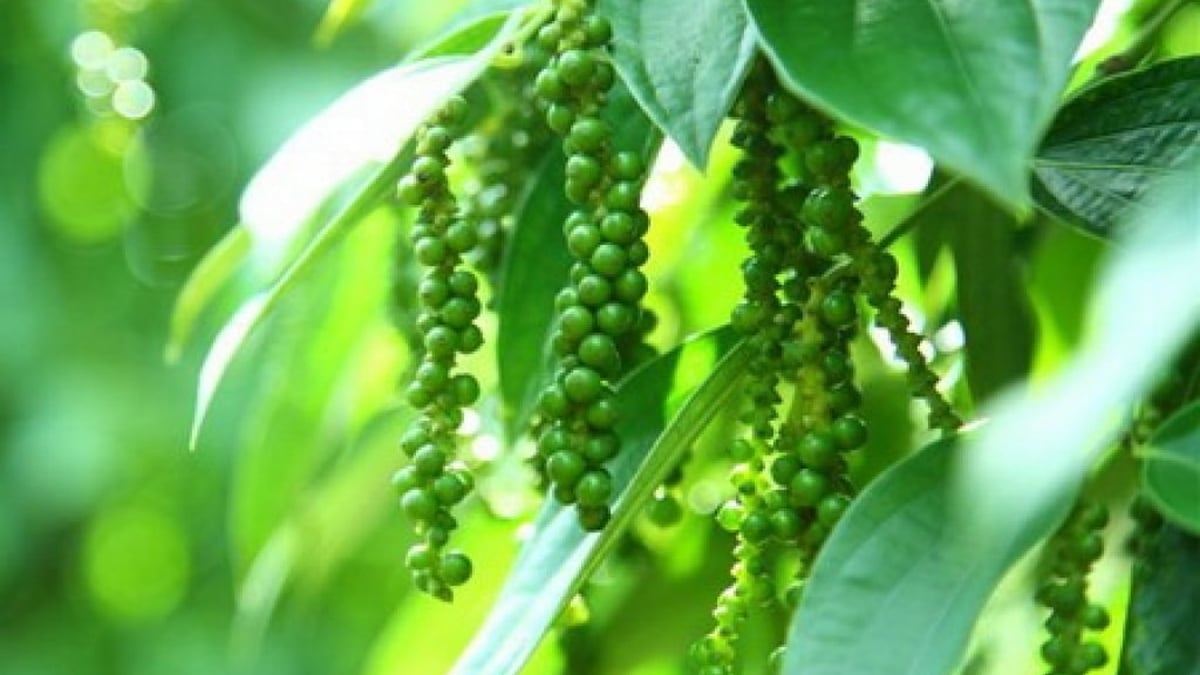























































































Comment (0)